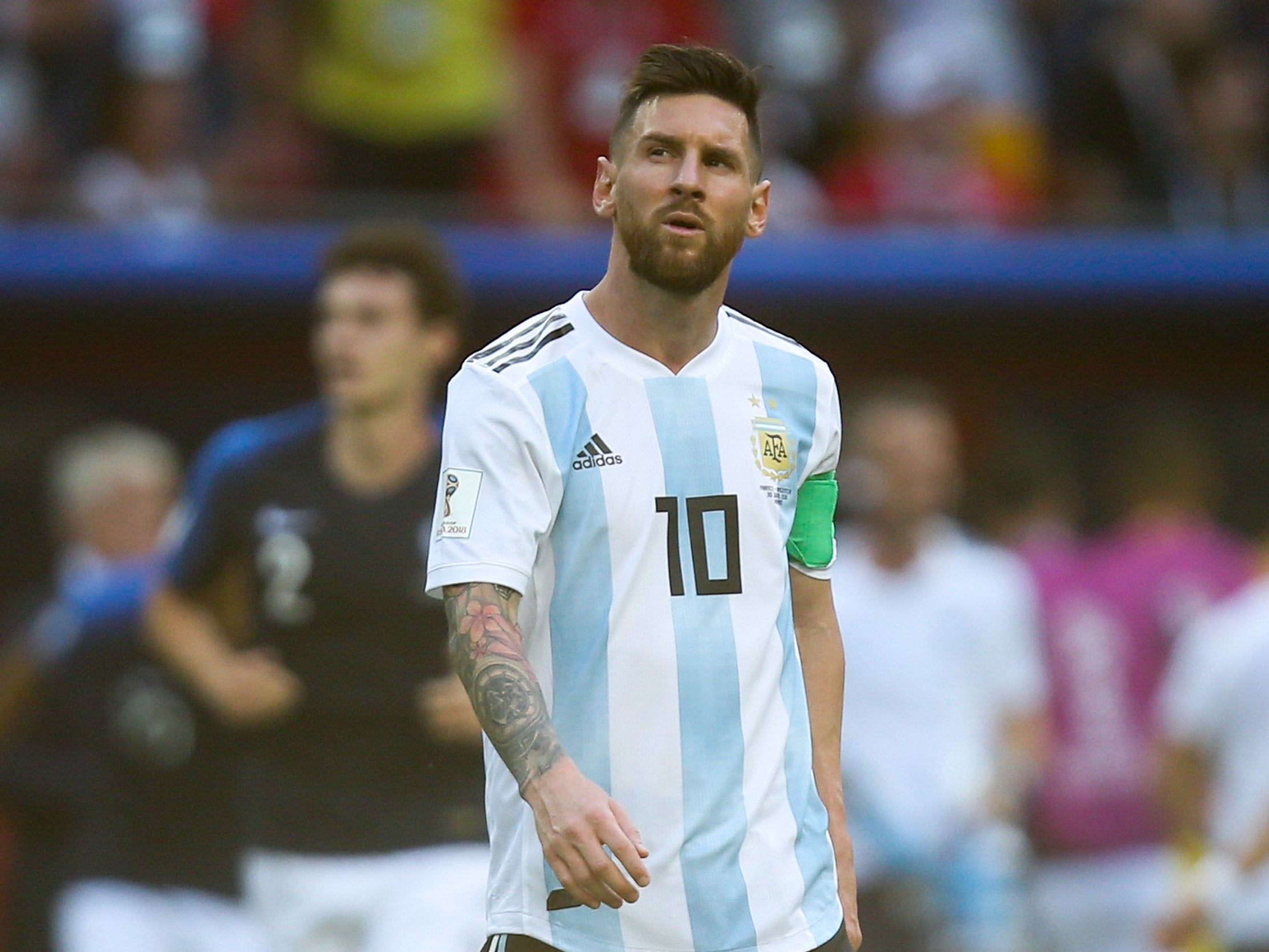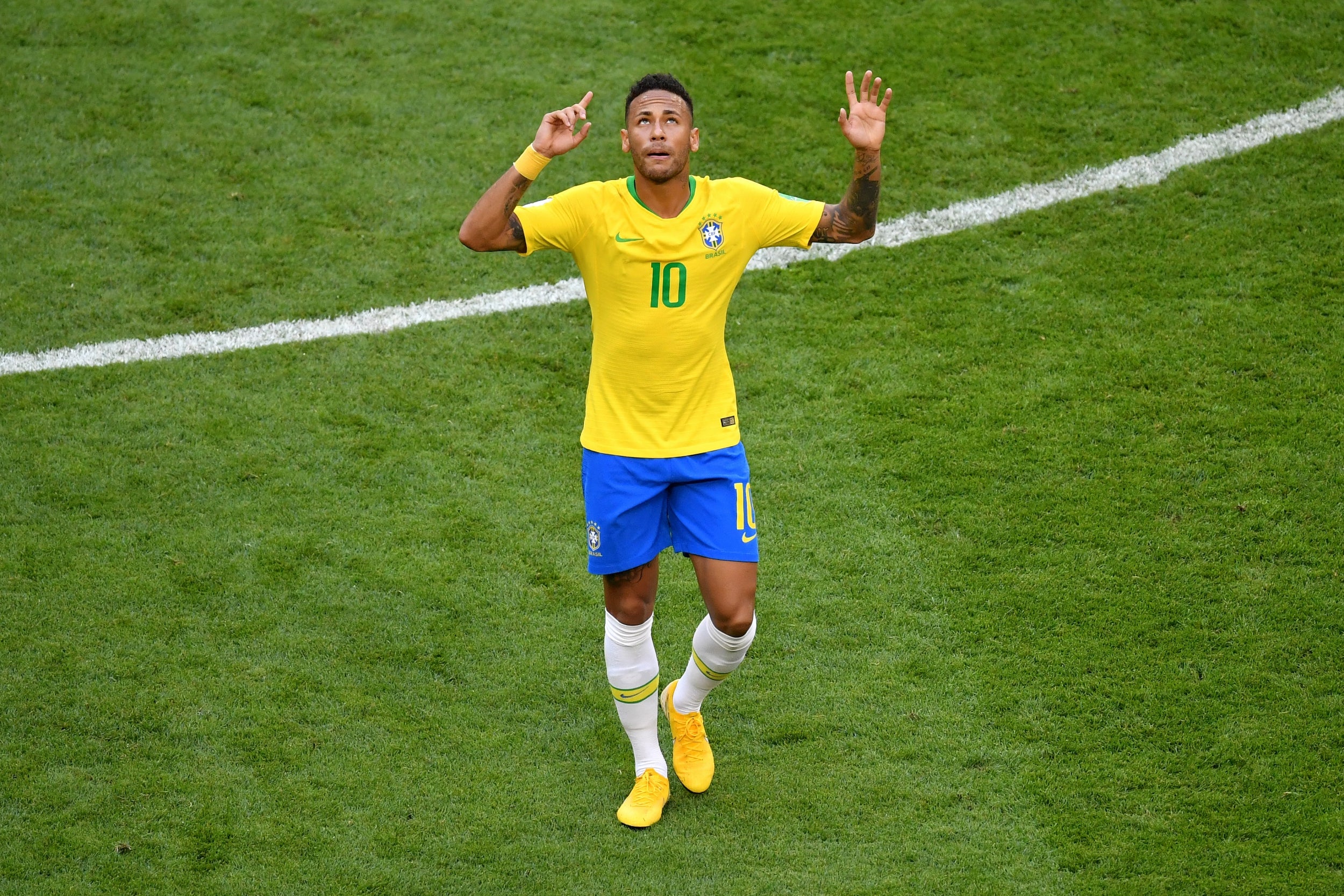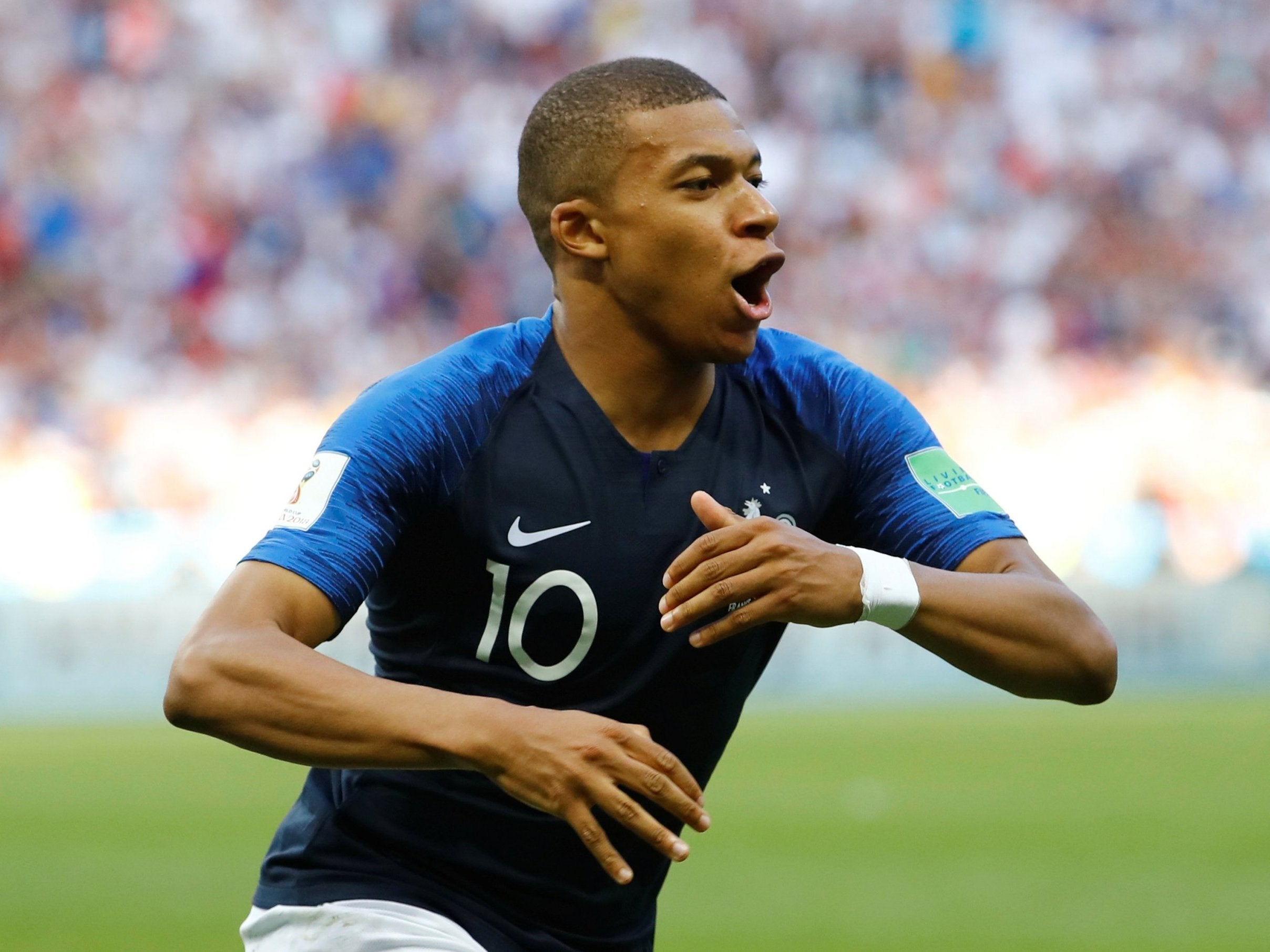This World Cup's quarter-finals will help define its legacy, when events echo, when football immortality is secured
This is when you really have do it, when the pressure escalates, and when higher quality tells

Your support helps us to tell the story
From reproductive rights to climate change to Big Tech, The Independent is on the ground when the story is developing. Whether it's investigating the financials of Elon Musk's pro-Trump PAC or producing our latest documentary, 'The A Word', which shines a light on the American women fighting for reproductive rights, we know how important it is to parse out the facts from the messaging.
At such a critical moment in US history, we need reporters on the ground. Your donation allows us to keep sending journalists to speak to both sides of the story.
The Independent is trusted by Americans across the entire political spectrum. And unlike many other quality news outlets, we choose not to lock Americans out of our reporting and analysis with paywalls. We believe quality journalism should be available to everyone, paid for by those who can afford it.
Your support makes all the difference.As Jan Vertonghen turned his head to score against Japan, this World Cup might well have turned with it to change as a tournament. Was this the moment when “reality” began to reassert itself, when Russia 2018 began to resist the chaos that has governed it?
That is not just a question because the better team in Belgium won in one game, or England - good new England - carried their superiority through in another, but also because of the point it came at. For all that the group stages set the tone and pattern of a tournament as it happens, it is the matches from the quarter-finals on that truly set its legacy.
This is when events really start to echo, when football immortality is secured. This is when you really have do it, when the pressure escalates, and when higher quality starts to tell.
This is why there has probably only been one surprise winner in 88 years of the competition, and why there hasn’t been a repeat of that since West Germany 1954.
This history is also bound with the grand current debate about the value and currency of so many shocks in the first pace. For all that surprise results initially enliven and invigorate a competition, the fair concern is that the unexpected winners don’t quite have the quality or depth to really sustain it, so then the quality of the whole event suffers. So while they can be brilliant for one or even two games, and properly rock the World Cup, both their energy and luck begin to run out. That is when the bigger sides begin to strike back, as most demonstrably happened in 2002.
Mexico are arguably the best current example of this, having so supremely beaten Germany with such force, only for their energy to run out against Brazil. Essentially, with their squad as it was, it would have taken an unlikely run of top performances to keep leaping the ever-increasing hurdles in front of them.
Some of this might seem premature or even rich given that we’ve just had a last-16 when the two best players in the world in Lionel Messi and Cristiano Ronaldo went out, along with notionally one of the best teams in Spain… but their eliminations might actually point to why the change is coming, and what could yet be the true decisive and defining aspect of Russia 2018.

Portugal went out because they faced a team that could defend better than them, Spain went out because they couldn’t stop making stupid defensive errors - even against a side that barely attacked - and Argentina went out because they couldn’t defend at all.
None of that is the case with the Uruguayan team that beat Portugal, with Brazil, with France, with Sweden or even with a low-quality Russia that at least proved against Spain they could defend with high conviction. It is why Brazil and - to a lesser extent - France have looked by far the most convincing sides, because they have bolted a proper security onto their sensational talent.
Such solidity winning out would represent an inversion of the entire World Cup so far, but then it would also represent a logical antidote to the chaos that has governed it so far. The best response to such unpredictability, after all, is to lock everything down and build from there.

It would also represent a logical inversion of what is happening in the club game, and maybe the potential for a further split between the two.
One major reason for the explosive entertainment of the Champions League in the modern era is obviously because of the concentration of resources and time, and that in a context where all of the coaching, scientific and tactical trends favour attacking football. When top coaches have more scope to work with this, the results are - well - the escalation of excitement we’ve seen in Europe’s premier club competition.
A lot of this is obviously unavailable in the international game, from top coaches to time to the concentration of resources.

This is also why so many international managers initially just impose a defensive system on a team, because it is easier to implement in a short timescale.
Any attacking integration takes longer to learn, leading to more gaps in teams, unless there is a huge club core who already have that instinctive attacking.
This is also why Tite and Uruguay might represent part of a third way, because they are offering more sophisticated defensive approaches.
They aren’t as intricate as the attacking systems of the club, but also aren’t as simplistic as the defensive systems of other international sides, so may well elevate them above the rest.

The other side of this is of course the fact we are now left with three one-off games, where the better players realise the stakes, and know that one performance could secure immortality; could be enough.
This is what one more rampaging Kylian Mbappe run can do, what one decisive application of Neymar’s devastating talent can do.
This is when reality asserts itself, but the upper limits of the game are reached.
Join our commenting forum
Join thought-provoking conversations, follow other Independent readers and see their replies
Comments